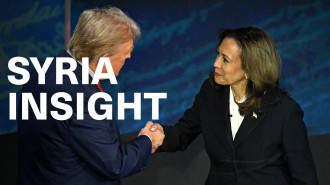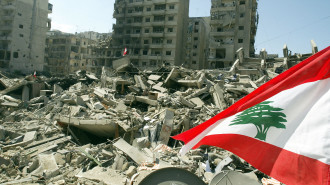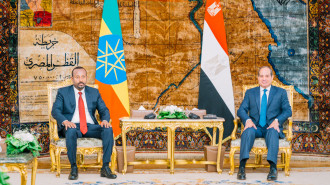Kurdish leader's meeting with Obama raises questions
President of the Iraqi Kurdistan Region, Masoud Barzani held a two hour closed door meeting with US President Barack Obama and Vice President Joe Biden in the White House Tuesday, raising many questions in Iraq.
The meeting comes only weeks after a landmark visit by Iraqi Prime Minister Haider al-Abadi.
The Kurdish leader confirmed he regarded his Tuesday meeting with Obama as successful, and that he believes the United States will find a way to better arm his forces, but would not be drawn on specific pledges from the US side.
| Either we will live freely in our country or we will die together |
After talks with President Barack Obama in Washington, Barzani thanked US-led forces for their air support in the battle against the Islamic State group (IS), saying that his region's forces had destroyed the group's reputation for invincibility.
Barzani however called for more humanitarian aid and help in dealing with a flood of refugees.
Around 2.2 million people have been forced to flee inside the country from areas seized by the brutal Islamic State group.
"We are proud of what we have achieved, because we believe we are on the frontline fighting on behalf of the free world against this brutal terrorist organisation," Barzani said.
"And it was by the hands of the peshmerga forces that they were able to destroy the myth of IS being this invincible force. But this has been a costly war."
Barzani said 1,200 Kurdish peshmerga troops have been killed fighting to hold back the IS forces that swept out of their bases in Iraq and Syria last year and seized several cities.
Kurdish forces prevented IS from advancing far from the mainly Arab cities they have seized in Iraq and into the area controlled by Barzani's autonomous Kurdish region.
But they now find themselves dealing with "more than one-and-a-half million refugees and internally displaced people," many from ethnic and religious minority groups that are prey to the Sunni Islamist extremists.
"We believe that we have a humanitarian as well as a national responsibility," he told guests at Washington think tank the Atlantic Council.
"But of course the burden is huge and we cannot afford it alone. That's why we call upon the United States and our friends in the international community to come and help the Kurdistan regional authority with these needs."
Barzani said he had met with the leaders of the Christian, Turkmen and Yazidi minorities and had assured them that the Islamic State threat can be defeated.
"We do not want any of you to think about leaving the country, going to be asylum-seekers abroad. I assure you that we will be together. Either we will live freely in our country or we will die together" he told them.
Fears of division
This meeting has however raised many questions in Iraq.
Iraqi Shia politicians fear of a deal between Barzani and the American administration regarding the future of the Kurdistan Region and the possibility of its independence, while Iraqi Sunni politicians have so far remained silent.
Kurdish politicians have attached extraordinary importance to Barzani’s US visit.
Rumours circulated prior to Barzani’s trip stating that he would discuss the issue of Kurdish independence and whether Washington would support such a move.
"After the state of political, security and economic crisis in Iraq, the United States faces a moral obligation to intervene to find solutions" Shwan Mohammed, a Kurdish politician and former member of Iraqi parliament told al-Araby al-Jadeed.
"If it does not, it would be difficult for Iraq to continue operating as a state, and America will have to listen to Iraqi demands" Mohammed added.
READ MORE: Iraqi Kurds remain divided over constitution
Iraqi parliamentary sources revealed to al-Araby al-Jadeed on Wednesday that a shipment of German weapons had reached the Iraqi Kurdistan Region without the knowledge of the central government.
Leading members of the ruling National Iraqi Alliance bloc described the shipment’s arrival as "a dangerous development and a bad practice that will lead the country to disintegration".
Hashem al-Jubouri, a member of the National Iraqi Alliance said "The Kurdistan Regional Government has received 70 tons of various weapons from the German government illegally without the knowledge or the agreement of Baghdad".
"The government and the parliament strongly object to any foreign party dealing with any segment of Iraqi society without it first going through the federal and constitutional channels" al-Jubouri added.
The strong reactions to Barzani’s US visit and the arrival of the German weapons shipment comes at the back of a proposed American congressional bill that would allow the US administration to directly arm Kurdish Peshmerga forces and Sunni tribes to fight the Islamic State group (IS), without going through the central government.
Many in Iraq believe that the bill is the first step towards the division of the country along sectarian and ethnic lines.
Adnan al-Assadi, a member of the National Iraqi Alliance bloc in parliament said that the Alliance’s leadership committee rejected the proposed congressional bill during its regular meeting which included Foreign Minister Ibrahim al-Jaafari and Prime Minister Haider al-Abadi.
"Al-Abadi stressed that any foreign support for Iraq in its war against terrorism should be through the central government in a manner that respects Iraqi sovereignty and unity and that these projects weaken the efforts to fight IS and result in polarisation in the region" al-Assadi said.
Iraqi MP for al-Anbar, Liqaa Wardi, believes that the US wants to create a balance of power between Iraq’s political groups, explaining that the proposed bill gives the Iraqi government a three month period to reactivate the issue of national reconciliation and arm Sunni tribes, otherwise the US will arm them directly.
With additional reporting from AFP.


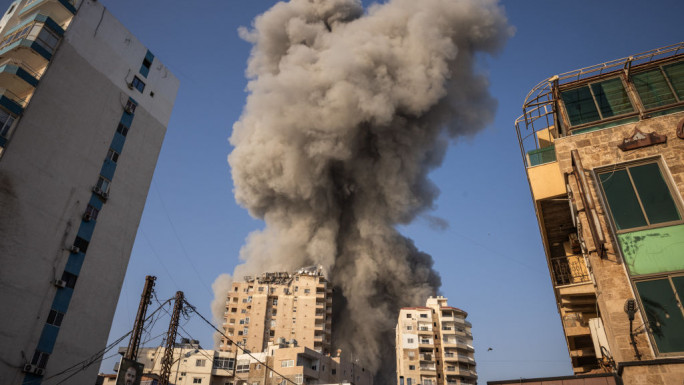
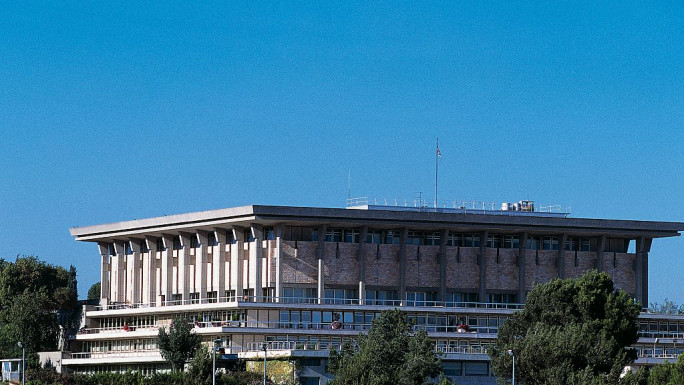
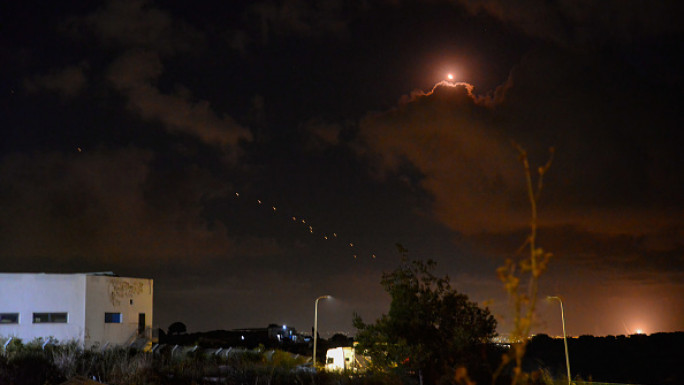
 Follow the Middle East's top stories in English at The New Arab on Google News
Follow the Middle East's top stories in English at The New Arab on Google News
